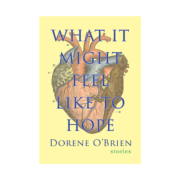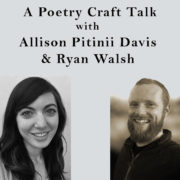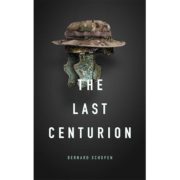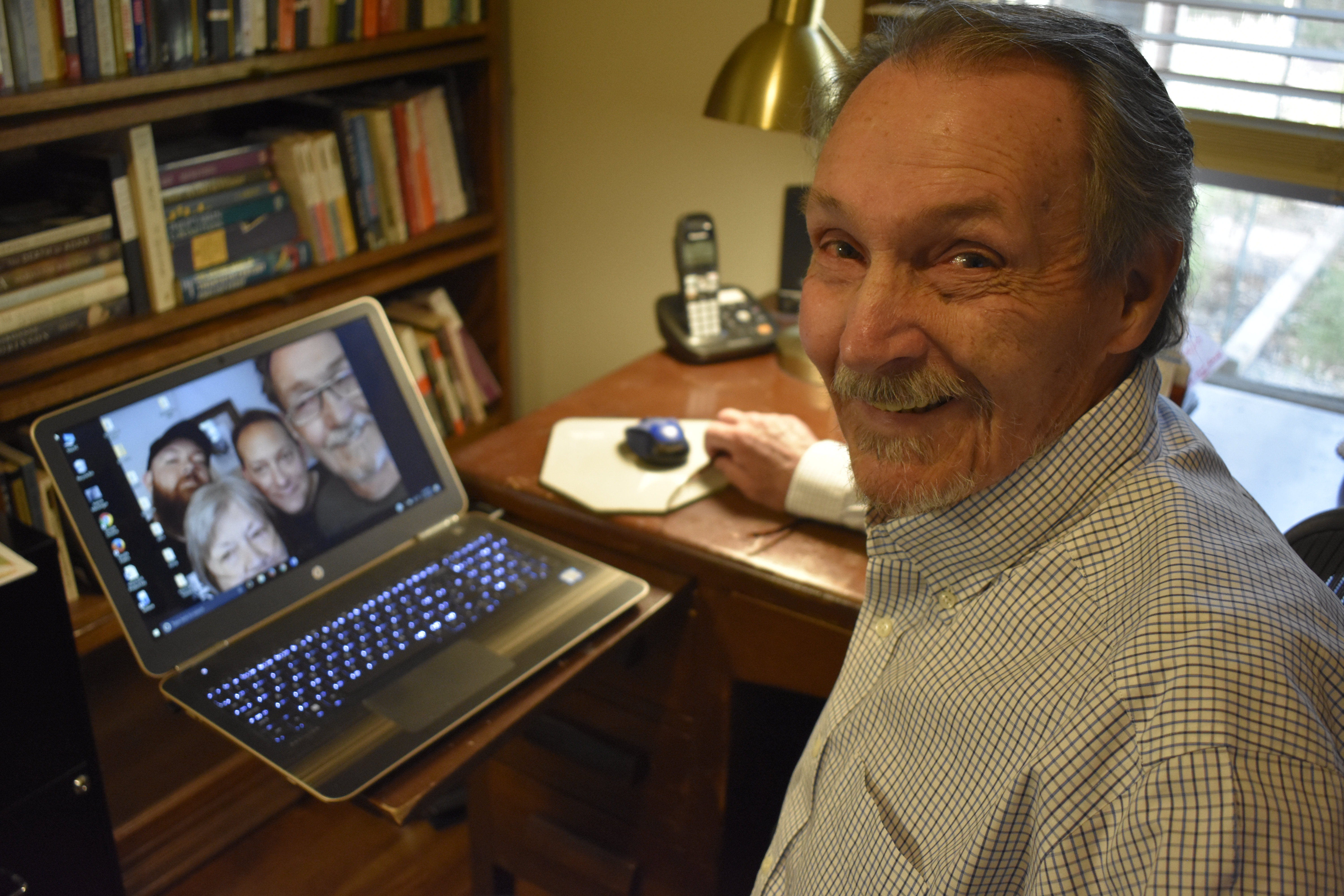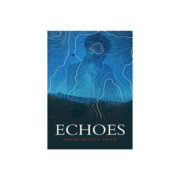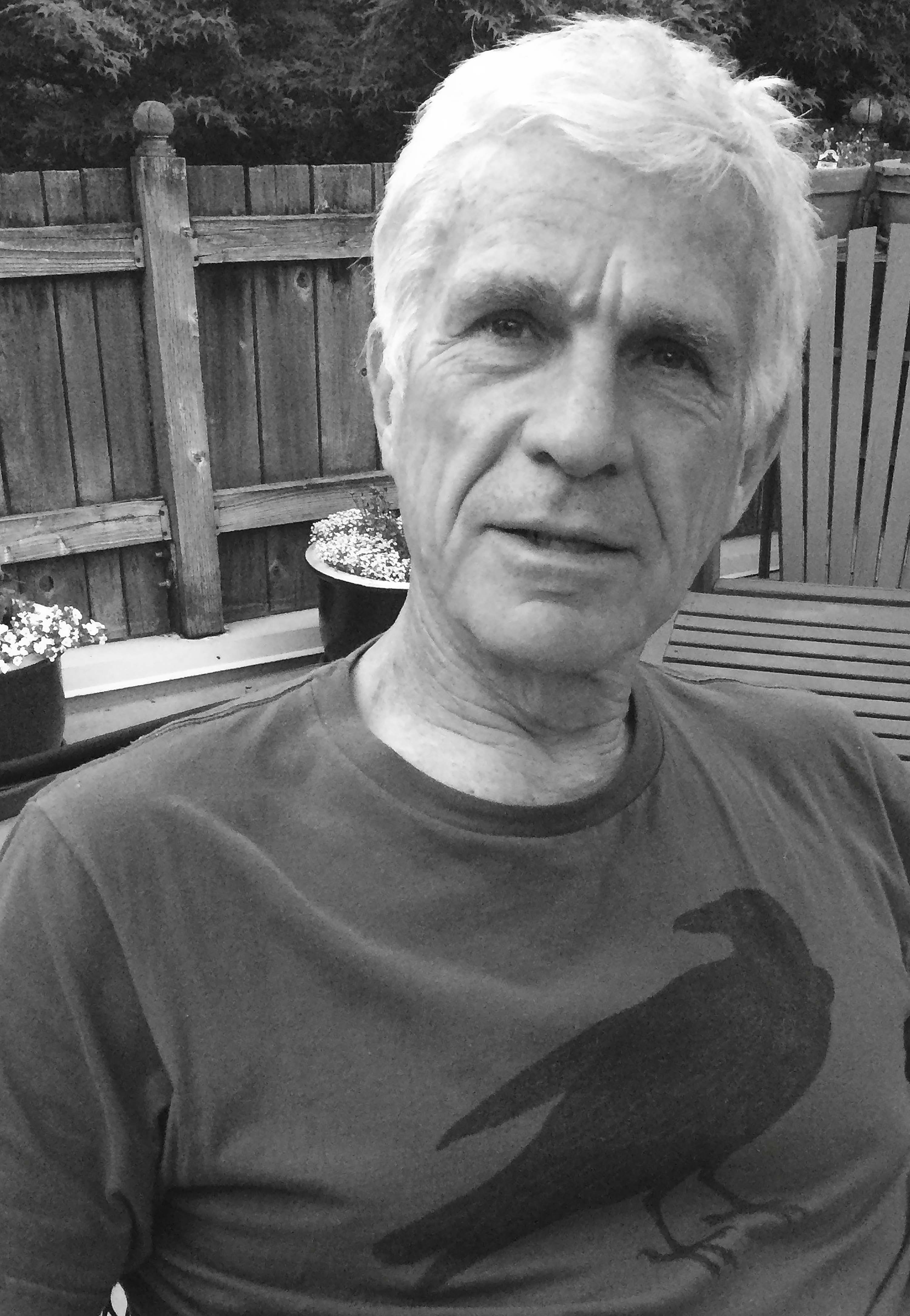An Interview with Dorene O’Brien
Dorene O’Brien is a Detroit-based writer and teacher whose stories have won the Red Rock Review Mark Twain Award for Short Fiction, the Chicago Tribune Nelson Algren Award, the New Millennium Writings Fiction Prize, and the Wind Fiction Prize. Baobab Press is honored to publish her latest short story collection this February, What It Might Feel Like to Hope, which considers the infinitely powerful, and equally naïve and damning force that is human hope. We recently asked Dorene to share a behind-the-scenes look at her writing process, inspiration, and creative horizons.
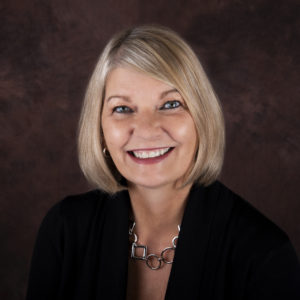
Baobab Press: Many of the characters in this collection grapple with depression, anxiety, and feelings of isolation. But despite their darkness, these stories are deeply funny. How do you tend to think about the ways that humor and darkness work together in your fiction?
Dorene O’Brien: I think my stories reflect life in all of its darkness and absurdity. My grandmother used to say that when offered a shit sandwich you either laugh or cry, and she chose to laugh. My characters are offered lots of shit sandwiches but, like we all do, they often use humor to cope with the latest event that threatens to break them. I don’t set out to write humorous stories (except for “Eight Blind Dates Later,” which I knew would be a comedy as whenever your mother sets you up on eight blind dates you must laugh through the tears). But bleakness and gravity should be balanced with humor not only to keep readers tuned in to a tough message but to keep them entertained.
BP: What draws you to the short-story form? What do you think it can accomplish that the novel perhaps can’t?
DO: When I was a younger and more impatient writer the short story was something I could “finish” and feel that sense of accomplishment before moving on to the next one to feel it once more. Now I am interested in the form as a challenge in brevity, which demands authors create entire worlds and character histories in a very small space. We must use just the right words while also withholding just the right information so that readers are seduced into colluding with us to make meaning. If the “white space” is as charged with clues as the words printed on the page, the story will emerge in a way that is more gratifying to readers, who have used their insights and perceptions to help craft the tale. There is simply no room in stories for devices used frequently in novels, such as lengthy digressions, false leads, casts of thousands.
BP: Who are some of your most important literary influences?
DO: The first “great novel” I read was Mark Twain’s Adventures of Huckleberry Finn and it broke open my mind. I was stunned by Twain’s ability to juggle so many literary balls simultaneously: weaving a rich, authentic setting that encapsulated the tumultuous racial history of the country, drawing captivating, sympathetic characters through dialect and arresting backstories, and delivering a confrontational message about a subject that tore the country apart using humor. Twain taught me that fiction more effectively influences people than most other forms. Winning the Mark Twain Award for Short Fiction many years later remains one of my most gratifying achievements. Joyce Carol Oates was an early influence because she is fearless in her style, content and delivery. That is, nothing is taboo; if it happens in life, it can happen in fiction, which is of course a reflection of reality. Andrea Barrett, who was trained as a scientist, was also an early influence who showed me that getting your geek on in fiction is acceptable. I would not likely have written “The Turn of the Wind,” a story seated in crystallography, had I not read her Ship Fever story collection.
BP: When did you know you wanted to be a writer? Was there a point in your life when you decided to take your craft seriously?
DO: I started writing—and reading—when I was very young as an escapist activity. My childhood was not an easy one (ask any writer and they will more often than not have grown up in difficult circumstances), so reading about worlds that were like mine made me feel less alone and reading about worlds that were much better gave me hope for something more. But creating my own plots and settings allowed me a form of control I never felt at home, and this was a salvation of sorts. Over the years I collected many notebooks with stories and poems, but this was more therapy than writing. I knew I wanted to be a writer but was afraid to chase that dream as it was the only one I had and if I failed what else was there? In fact, I even majored in journalism so that I could land a “real” job, and when I applied for graduation my advisor said that I had taken so many creative writing classes I was only two away from a second major in English. So I stayed on to double major and continued to write stories without telling anyone, submitting them to small literary journals. I was taking my craft very seriously then, reading and writing voraciously, developing the acumen to determine the difference between a successful and a mediocre story. Slowly the acceptances rolled in, building my confidence to enter contests, which I slowly started to win. I still don’t call myself a writer, a title I’m not sure I’ve yet earned. The apprenticeship is long, and I am still growing and learning.
BP: What are you reading / watching / listening to right now?
DO: I just finished reading Celeste Ng’s Little Fires Everywhere, Jesmyn Ward’s Sing, Unburied, Sing, and Kate Moore’s Radium Girls. I am watching Black Mirror, the Great British Baking Show and Vikings (I have a Vikings obsession. I once tried to write a serious historical fiction story about the final Viking voyage but the characters took over and turned it into a comedy). I typically listen to classic rock and jazz. I go back to old favorites—Led Zeppelin, the Rolling Stones, Talking Heads, Elvis Costello—but I also like Radiohead, the Beastie Boys and the Arctic Monkeys.
BP: What’s your writing process like?
DO: I tend to work on two projects simultaneously, staying with one until I hit a wall and then turning to the other; I have fallen into the trap of not writing at all until I had a breakthrough with a stalled work and that is no way to be a writer. I am currently finishing a novel and, while writing it, I finished another story collection! I am more energetic in the evening, so my writing hours are late, though I have started writing during the day as well, something I forced myself to do during a writing residency at the Vermont Studio Center. I am also interested in many disparate things and so I write about them rather than writing to current trends or contest themes.
BP: Where do you turn for creative inspiration?
DO: Books, because reading riveting literature motivates and teaches me. And my fishbowl. Whenever I have an idea for a story when I’m out and about, I jot it down on scrap paper before the concept flees my ever-filling brain. When I get home, I throw the paper into my fishbowl, which is now about half full (and does not contain fish!). When I need a new story I idea I reach in and grab a paper and am immediately taken back to the moment of the idea’s inception, that original spark reanimating me. Where I do not seek inspiration is from people who tell me that they have a great story idea I should write. Most often their vision is unique to them and only they can relay it. Imagine being responsible for someone else’s brilliant plan! It’s like trying to raise their child as they look over your shoulder.
BP: You also teach creative writing. What are some of the most important things you want to impart on your students, and how has teaching this craft impacted your own work?
DO: Be patient with your ideas, investing the time and effort they need to grow and thrive. New writers have a surplus of concepts so that when one does not flow effortlessly into a story, they ditch it and move on to the next. I encourage them to consider the work required to mold a nebulous thought into a world replete with characters, setting, conflict and resolution that must work together to deliver a message and a full experience to readers. I also encourage them to be kinder to themselves, to quit beating themselves up when the work on the page does not look like the narrative they had envisioned. Thinking and writing are very different things—thoughts arc and snap in our heads, often concurrently, whereas every story is linear, delivered one word at a time. I tell them that I would be shocked if the mental plan and story were the same because evolution occurs naturally in the creation and that this is a good and necessary thing.
My students inspire me every day, so teaching creative writing has augmented my skill and my investment in my own writing.
BP: You identify as a Detroit-based writer. Can you talk about the ways this city has shaped your work and your voice? Do you think it’s important for writers to have a strong connection to place?
DO: My writing, particularly my first story collection, is gritty and was definitely inspired by my experiences in and knowledge of Detroit. “Way Past Taggin’” is about a graffiti artist living and tagging in the city, and it’s a story I could never have written if I lived elsewhere. “Honesty above All Else,” which is in the forthcoming collection, is set in Corktown in Detroit and was inspired by my visits to O’Leary’s Tea Room there before it closed in the 90s. But the story also pays homage to many metropolitan landmarks: Cobo Hall, Tiger Stadium, The Fisher Building, the UA Theater Building, Hudson’s, the Seven Sisters, etc.
I actually don’t think writers need a strong connection to place as it’s our job to imagine landscapes and settings, but I do think place is important in fiction as every story is set somewhere! Even if location is less important than, say, conflict or characterization in a story, readers will be distracted if the smallest allusions to setting feel wrong.
BP: Can you tell us a little bit about what you’re working on now?
DO: I just finished a story collection called A Coterie of Uncommon Women and I am working on the second draft of a hybrid literary/sci-fi novel. Following that will be a story collection focusing on natural and historical oddities, such as the Loch Ness Monster and the Great Red Spot above Jupiter.

